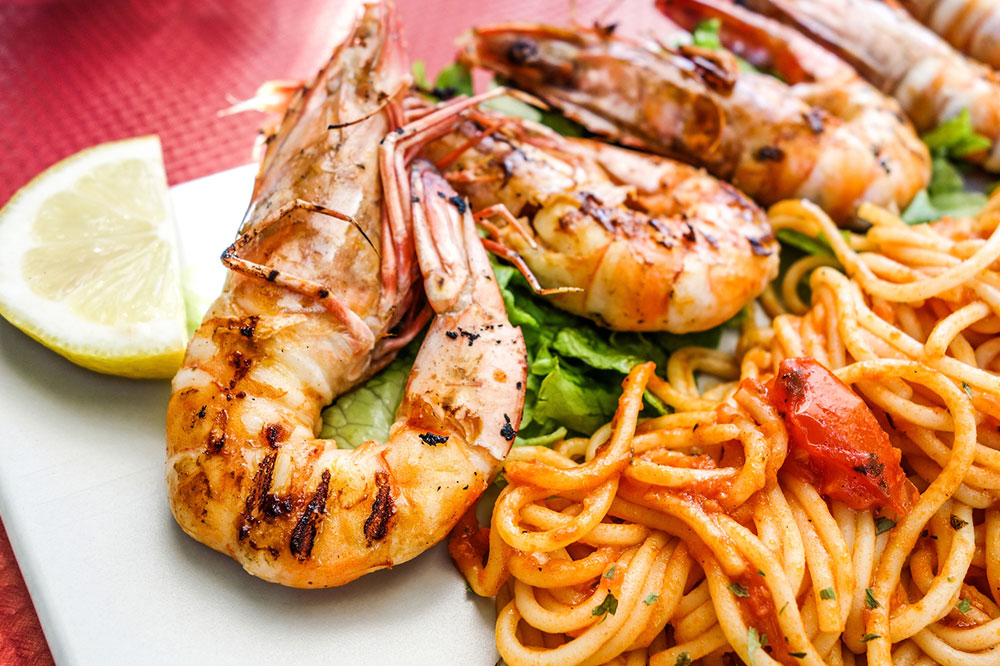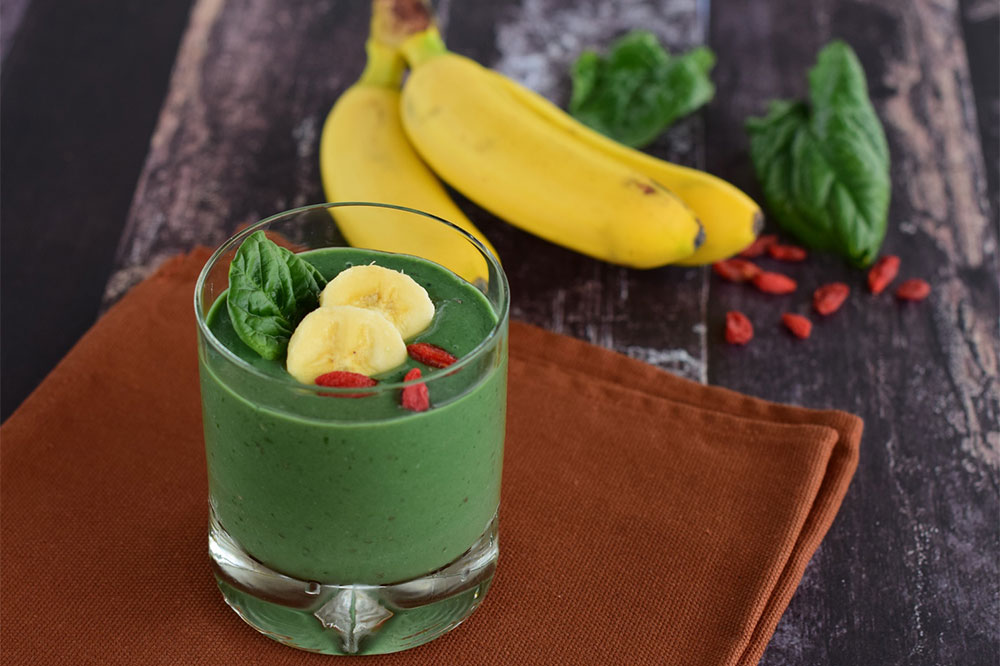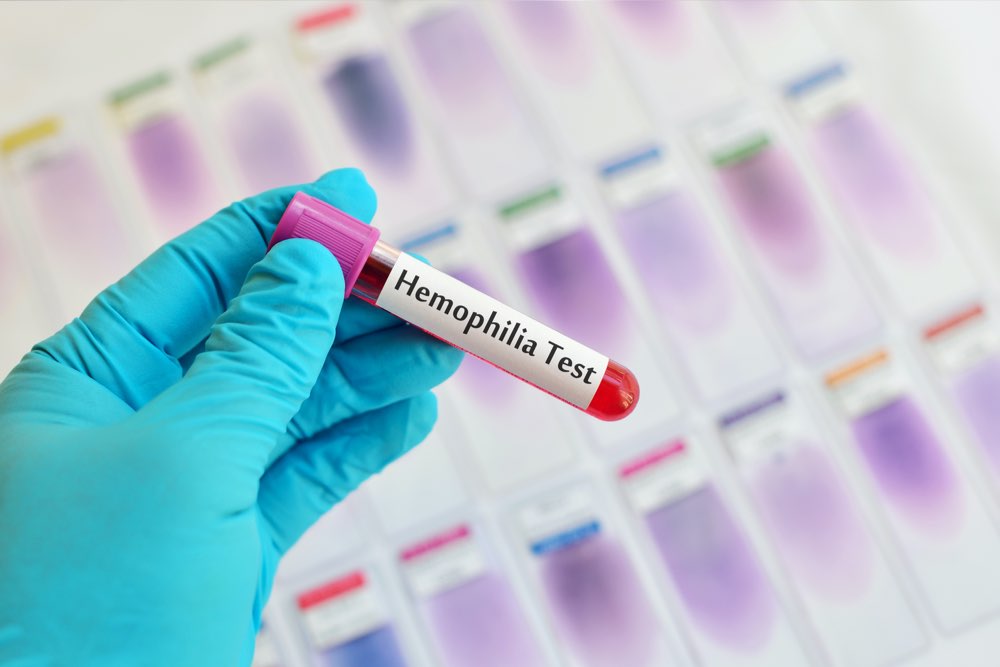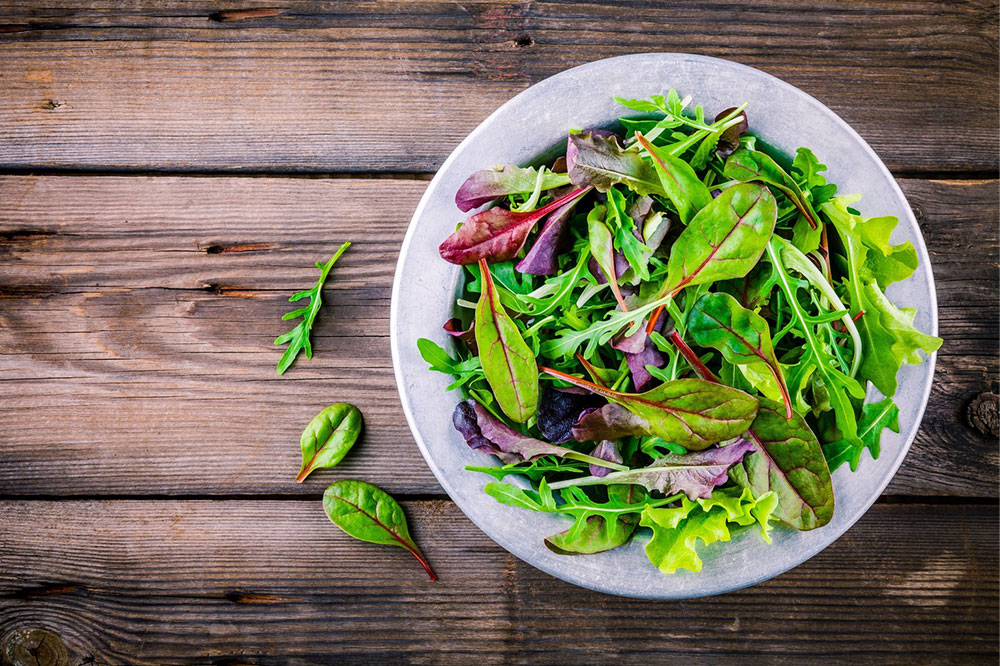Comprehensive Guide to Top 6 Nutrient-Dense Foods for Preventing Anemia
Discover the top six nutrient-rich foods that can help prevent and manage anemia. From leafy greens and lean meats to grains, seafood, legumes, and natural sweeteners like molasses, this comprehensive guide emphasizes the importance of balanced nutrition in maintaining healthy red blood cell levels. Learn how combining these foods with proper medical guidance can effectively combat anemia symptoms and support overall blood health, ensuring you stay energized and healthy. Perfect for those looking to improve their diet and prevent this common condition.
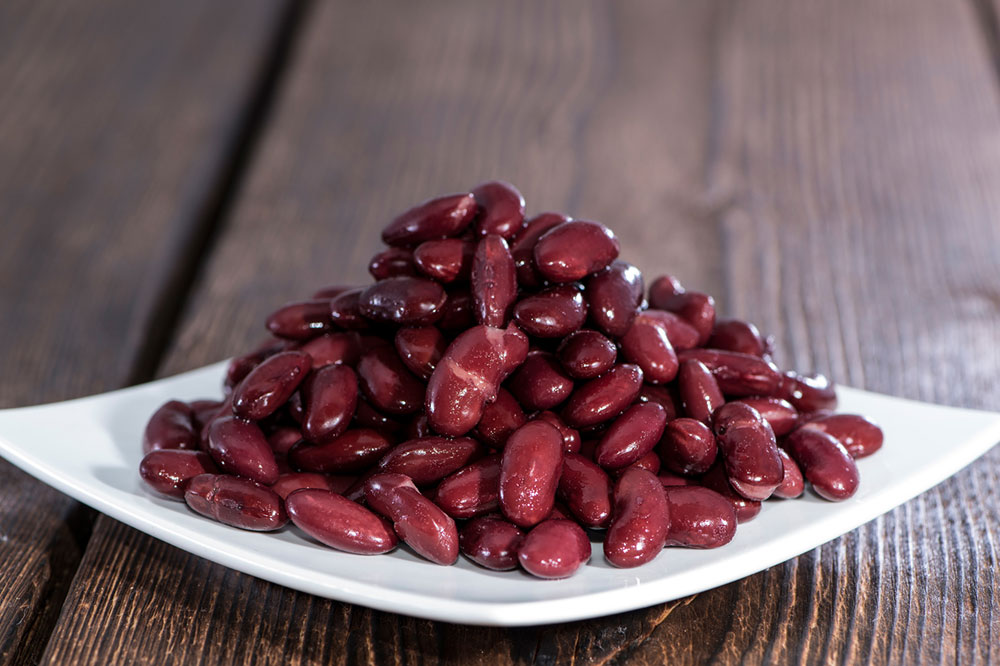
Anemia is a widespread health condition that affects millions worldwide. It occurs when the body doesn't have enough healthy red blood cells or hemoglobin, impairing the blood’s ability to carry oxygen efficiently to tissues. The causes of anemia are diverse, including nutritional deficiencies, chronic illnesses, genetic factors, and other health issues. Recognizing the importance of nutrition in managing and preventing anemia, experts recommend incorporating a variety of nutrient-rich foods into daily diets. This extensive guide explores six of the most beneficial foods that can help boost red blood cell production, improve oxygen transport, and reduce anemia risks.
Understanding how specific foods contribute to combating anemia is essential for those at risk or diagnosed with the condition. Here are six highly recommended foods that are rich in vital nutrients like iron, vitamin B12, and other essential minerals, all of which play crucial roles in maintaining healthy blood cell levels:
Dark Leafy Greens
Dark leafy greens such as spinach, kale, Swiss chard, and collard greens are an excellent source of non-heme iron—the type of iron found in plant-based foods. Iron is fundamental for hemoglobin production; without enough iron, the body cannot produce sufficient healthy red blood cells, leading to anemia. Although plant-based iron sources are less readily absorbed by the body compared to animal sources, consuming them regularly and pairing with vitamin C-rich foods can significantly enhance absorption. Including a generous serving of greens in salads, smoothies, or stir-fries can be highly effective for vegetarians and vegans aiming to prevent or manage anemia.
Lean Animal Proteins
For those who consume animal products, lean meats such as grass-fed beef, turkey, chicken, and especially organ meats like liver are rich sources of heme iron—a highly bioavailable form of iron that the body absorbs efficiently. Heme iron is more readily accessible than non-heme iron from plant sources, making these foods particularly valuable in combating anemia. Pairing these proteins with vitamin C-rich foods like citrus fruits or bell peppers can further optimize iron absorption, helping to restore healthy red blood cell levels more rapidly.
Quinoa and Whole Grains
Superfoods like quinoa are fiber-packed grains that support overall blood health. Quinoa contains moderate amounts of iron and other minerals vital for blood cell production. Besides quinoa, other whole grains such as oats, spelt, amaranth, and sorghum also contribute to maintaining optimal blood oxygen levels. These grains provide essential nutrients and fiber, supporting not only blood health but also overall digestive wellness, which is important for efficient nutrient absorption and anemia prevention.
Sardines and Other Fatty Fish
Sardines are nutrient-dense seafood rich in vitamin B12 and omega-3 fatty acids. Vitamin B12 plays a crucial role in red blood cell formation; deficiency can lead to a specific type of anemia called pernicious anemia. Consuming sardines regularly can help boost B12 levels naturally while also providing other beneficial nutrients like calcium and selenium. Incorporating sardines into meals, such as in salads, sandwiches, or pasta dishes, can be an effective dietary strategy for supporting red blood cell production and alleviating anemia symptoms.
Legumes and Beans
Legumes like lentils, chickpeas, beans, and peas are excellent sources of non-heme iron, fiber, and plant-based protein. Regular consumption of legumes can significantly enhance iron intake, especially for vegetarians and vegans. To maximize iron absorption from legumes, it’s advisable to soak, sprout, or cook them thoroughly. Also, avoiding caffeine or calcium-rich foods around meal times can prevent interference with iron absorption. Adding legumes to soups, stews, salads, and side dishes can be a delicious way to prevent deficiencies that lead to anemia.
Blackstrap Molasses
Blackstrap molasses is a natural sweetener rich in essential minerals like calcium, magnesium, selenium, and vitamin B6—all of which contribute to red blood cell health. It’s particularly beneficial for individuals with anemia due to its high iron content. Incorporating a spoonful into breakfast oats, spreading it on toast, or mixing it into smoothies can provide a nutritious boost to your diet. Its dense nutritional profile makes it a popular superfood among those seeking natural ways to enhance blood health.
Regardless of dietary choices, it’s vital to understand that anemia can sometimes be caused or worsened by underlying health conditions such as chronic kidney disease, inflammatory disorders, or genetic factors. Therefore, anyone experiencing symptoms like persistent fatigue, weakness, pale skin, or irregular heartbeat should consult a healthcare professional for comprehensive testing and diagnosis. Proper medical advice ensures that dietary adjustments are safe and effective, especially for individuals with specific health concerns or nutritional deficiencies.
Incorporating these nutrient-dense foods into your daily diet is a proactive way to support blood health, correct deficiencies, and prevent anemia. Remember, maintaining a balanced diet alongside regular health check-ups is essential for overall well-being and long-term health.
